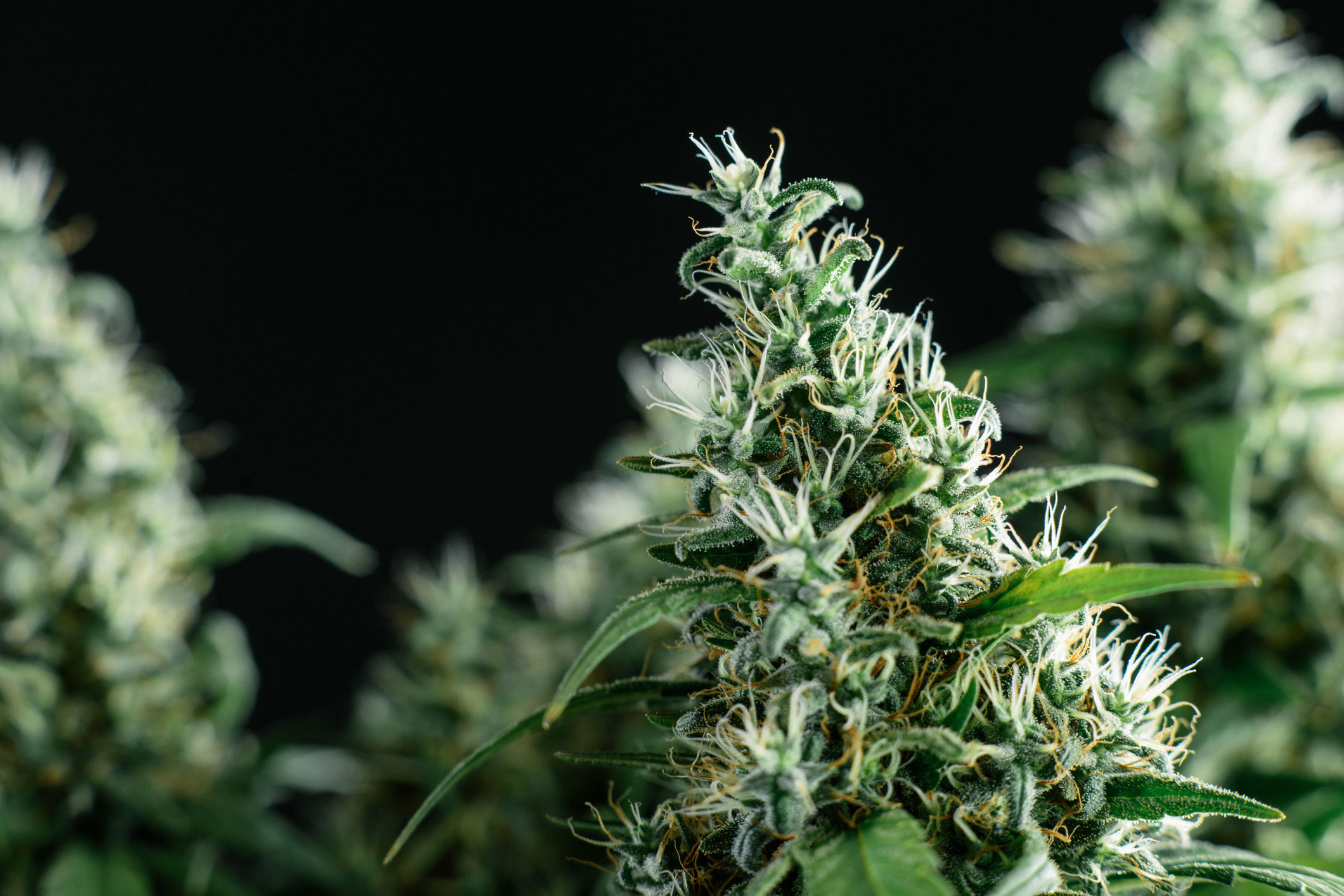It turns out I was only half right. Earlier this week, I’d said that the fate of the pot industry lies with Canopy Growth (TSX:WEED)(NYSE:CGC). Yesterday, Canopy posted first-quarter results, and the stock exploded for a 31% gain.
As anticipated, the entire pot industry rose in unison. Its closest competitors, Aurora Cannabis and Aphria each rose 20% on subsequent optimism. This is yet another example why Canopy Growth is the most influential company in the industry.
Yet there is a caveat. I was only half right because it wasn’t Canopy’s earnings that drove the huge gains. The real catalyst was the announcement that Constellation Brands (NYSE:STZ) took an additional $5 billion stake in the company at $48.60 a share. I won’t go into too many details on the deal, as Fool contributor David Jagielski does a good job of breaking it down.
The deal does two things: it further legitimizes the industry by injecting much-needed confidence, and it creates a false sense of a floor price under the shares.
Let me explain.
Warrant pricing
As part of the transaction, Constellation Brands also received 139.7 million in new warrants. If exercised in full, Constellation will increase its ownership to 50% of the company.
A warrant gives the holder the right to buy the company at a specific price within a set time frame. In this case, the time frame is three years. Likewise, 66% of the warrants can be exercised at a price of $50.40 per share. What remains can be exercised at Canopy’s five-day volume weighted average price (VWAP) of the common shares on the Toronto Stock Exchange.
This VWAP is unknown. It can be $20 or $100; it all depends if or when Constellation Brands chooses to exercise these warrants. This is why the deal doesn’t set a floor price. Canopy’s stock price can tank, and Constellation can pick up additional shares on the cheap and let the remaining warrants with a price of $50.40 expire.
There is no doubt that the significant investment and premium paid by Constellation is great news for the sector. It is, after all, the largest ever investment in the industry. Just don’t be tricked into thinking there is now a floor price under Canopy’s shares.
Cost per gram
Fool contributor Brian Paradza gave a favourable review of Canopy’s latest earnings. One of the biggest gripes about the company is that it does not provide a cost-per-gram number, but this is the industry standard.
Canopy touts that its price per gram rose to $8.94 for the quarter. This is a 6% increase over the previous quarter. That’s great, but it doesn’t actually mean anything unless you have a cost to compare it to.
The company claims there are too many inconsistencies across the industry to make the cost per gram meaningful. It believes a cost structure is better suited if it was broken down by milligram and active ingredient. Fair enough. I would argue, however, that by posting its price-per-gram number, it is using a double standard.
At this stage, I would not read too much into the lack of a costing metric. The company is rapidly scaling, and it is undergoing significant costs, as it tries to ramp up production to meet demand come October.
I would also not put any stock in the company’s net income. As we saw this quarter, income is being significantly impacted by one-time expenses.
Bottom line, the sector will remain volatile. However, if you don’t want to miss out, Canopy remains the safest investment in the industry.









